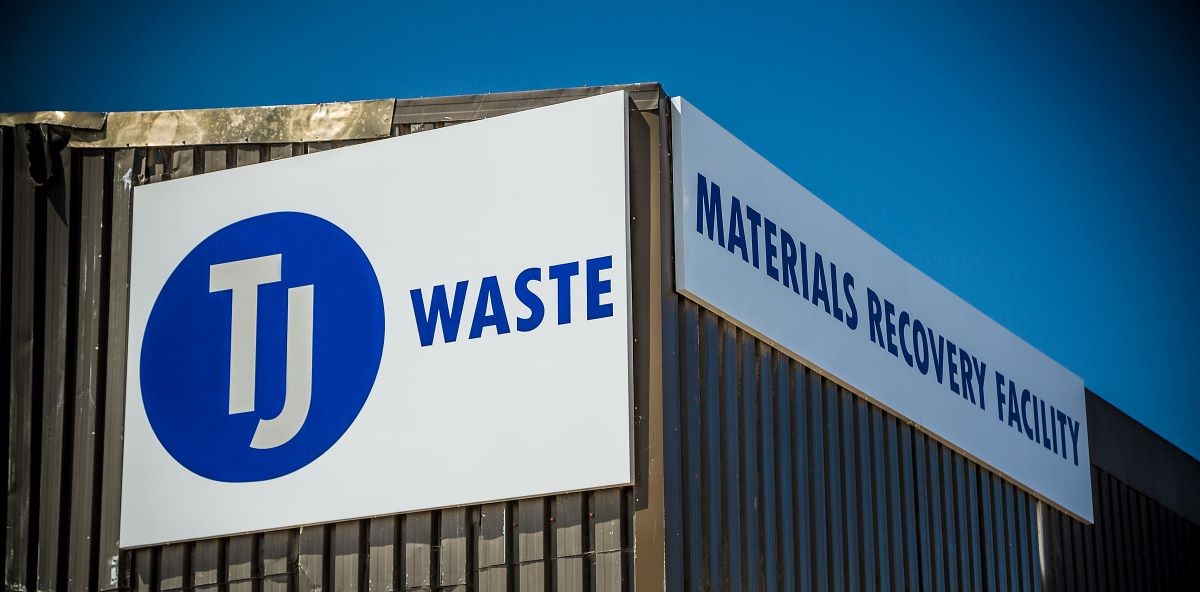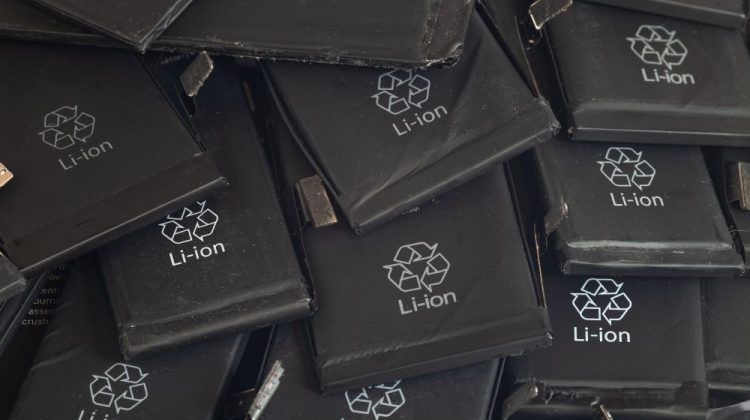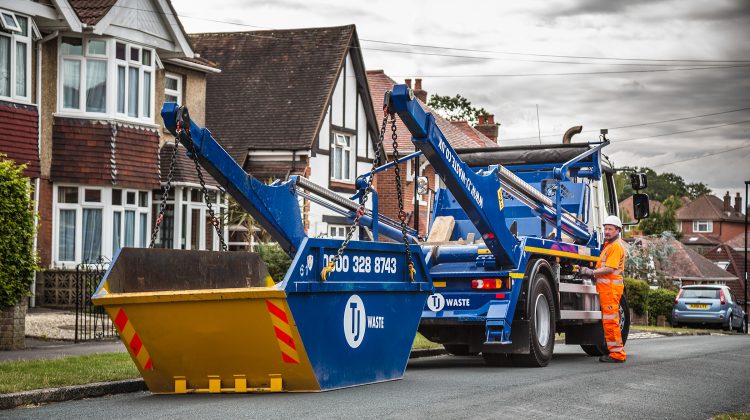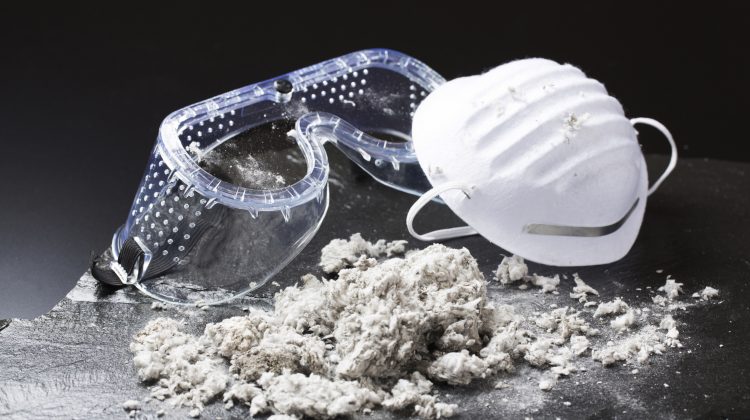Incorrect disposal of lithium-ion batteries can be catastrophic, as the recent fire at our Tipner facility demonstrated. Discover how to safely dispose of these batteries…

It’s our business to process waste. Whether we’re providing skip hire services to domestic customers, commercial waste management to businesses, waste management services at local events or third party tipping for commercial customers, all of the waste ends up in the same place – our Materials Recovery Facilities (MRFs).
We operate four MRFs across the south coast; one at Southampton, two in Portsmouth and one at Yapton. We process all materials in line with WRAP (Waste and Resources Action Programme) protocol. WRAP’s mission is to accelerate the move to a sustainable, resource-efficient economy by re-inventing how we design, produce and sell products, re-thinking how we use and consume products, and re-defining what is possible through reuse and recycling.
We’re dedicated to diverting waste from landfill and we endeavour to recycle up to 100% of the waste we handle. We have established recycling routes for a wide range of materials from the standard card, paper, metal and plastic bottles, to the more tricky materials such as rubble, hard plastics and mattresses.
We’re always working behind the scenes to find new ways to recycle the materials that have proved difficult in the past. Any materials that cannot be reused or recycled are directed down the Energy from Waste (EfW) path wherever possible.
Dibles Wharf, Southampton
Located in Belvidere Road in central Southampton, Dibles Wharf operates our skip hire and third party tipping services. It also supports the £7.2m contract that we hold with Southampton City Council (SCC) which involves the commercial services arm of SCC (which provides waste management services to local businesses) disposing of waste at our state-of-the-art facility.
Tipner, Portsmouth
Located off Twyford Avenue on the outskirts of Portsmouth on the western side, Tipner operates our skip hire and third party tipping services.
Quartremaine Road, Portsmouth
Located on the outskirts of Portsmouth on the eastern side, Tipner operates our skip hire and third party tipping services.
Northwood Farm, Yapton
Located on Burndell Road in Yapton, Northwood Farm operates our skip hire, grab hire and third party tipping services.
Waste enters our MRFs either via our grab lorries where our drivers have collected waste from site, via skips that customers have filled or via the third party tipping service, whereby commercial customers have transported their waste to the MRF themselves. In this instance, the waste is weighed on our weighbridge to determine the cost of disposal.
However it arrives here, the process thereafter is the same. Our site foreman will carry out an initial waste inspection before directing it for a mechanical pre-sort. From there, the waste is sorted into three categories: non-recoverable waste, waste that can be immediately slotted into pre-segregated waste streams (i.e. cardboard recycling) and other waste.
This non-recoverable waste is sent for end disposal, with as much of this as possible being directed down the Energy from Waste route. The other waste is then further sorted to determine its type, with the best route being selected. The types of materials included in this category include wood, metal, plasterboard, small light fraction and small heavy fraction.
Small heavy fraction is materials such as soil and stones that are heavy and these are segregated accordingly. Small light fraction generally consists of materials such as plastic films, foams, small pieces of paper, textiles, and other lightweight materials that are commonly found in mixed waste streams. During the sorting process, these small and lightweight materials can be separated from the rest of the waste using various techniques and further processed or sent for specialised recycling, depending on their composition and recyclability.
The wood will be sent for end disposal, which is often Biomass. The metal is recovered and reused/recycled wherever possible. The plasterboard is recovered by way of breaking it down to remove and safely dispose of the hazardous elements (gypsum), with the individual parts being separated and recycled accordingly.
If you’d like to know more about our MRSs, please get in touch! You can also explore our waste management services…
Sources:
recyclingbins.co.uk
gov.co.uk

Incorrect disposal of lithium-ion batteries can be catastrophic, as the recent fire at our Tipner facility demonstrated. Discover how to safely dispose of these batteries…

Skip and grab hire are both great options for your domestic or commercial projects. There are advantages to both depending on your project, so read on to discover which option would be best suited to your requirements.

Asbestos is a highly toxic and hazardous waste material that must be removed and disposed of properly by professionally licensed companies. We’re licensed to carry hazardous materials such as asbestos and can provide you with the complete service…
Change your stored postcode to update prices for your location.